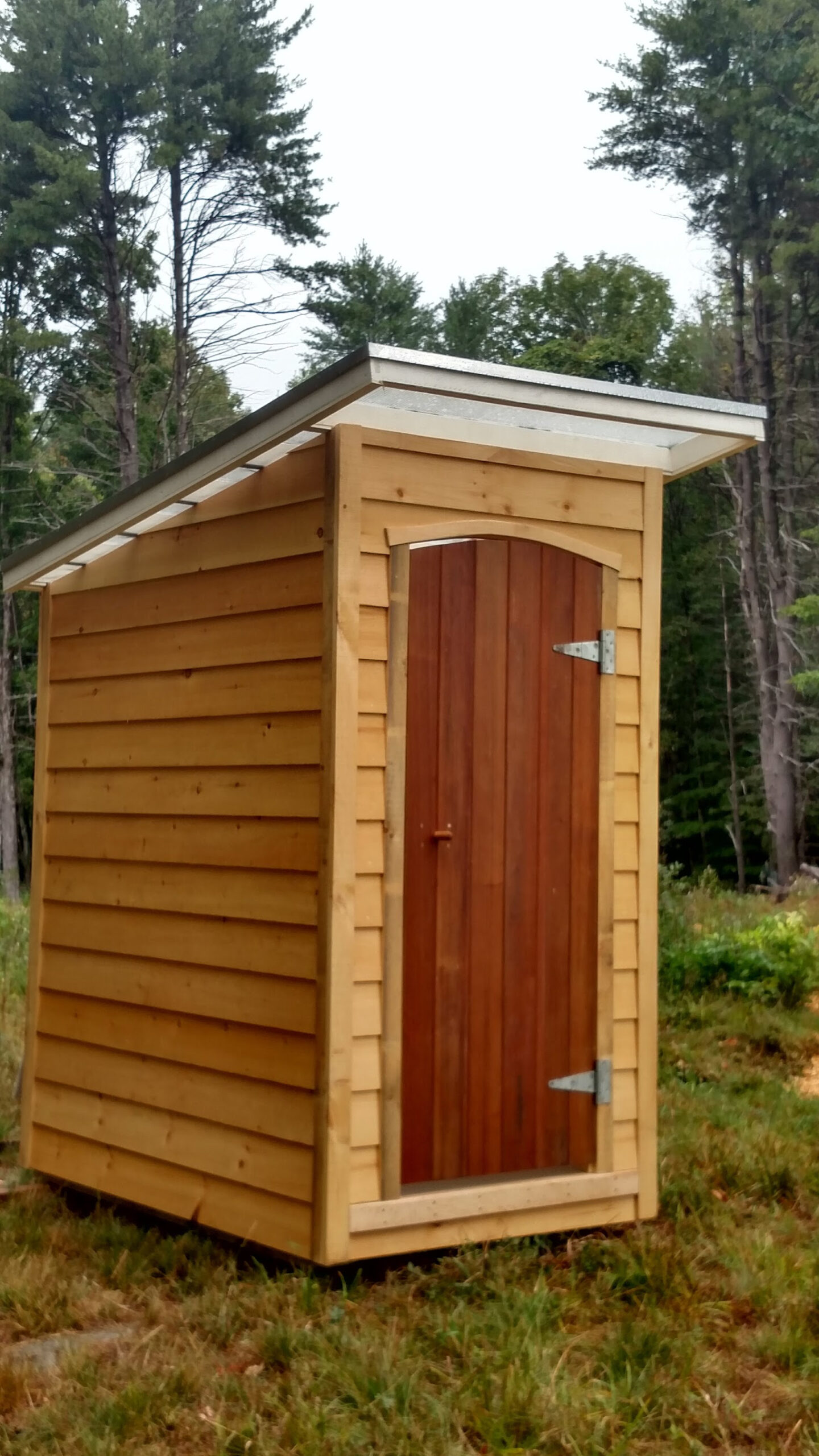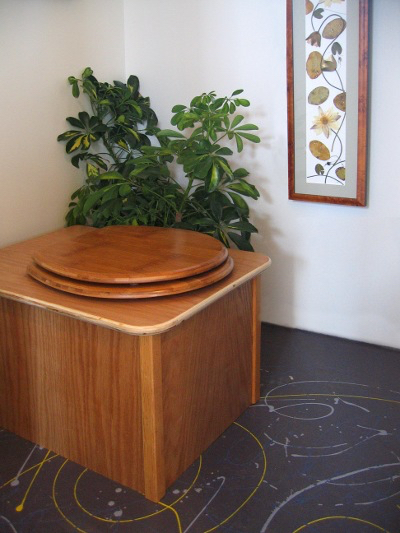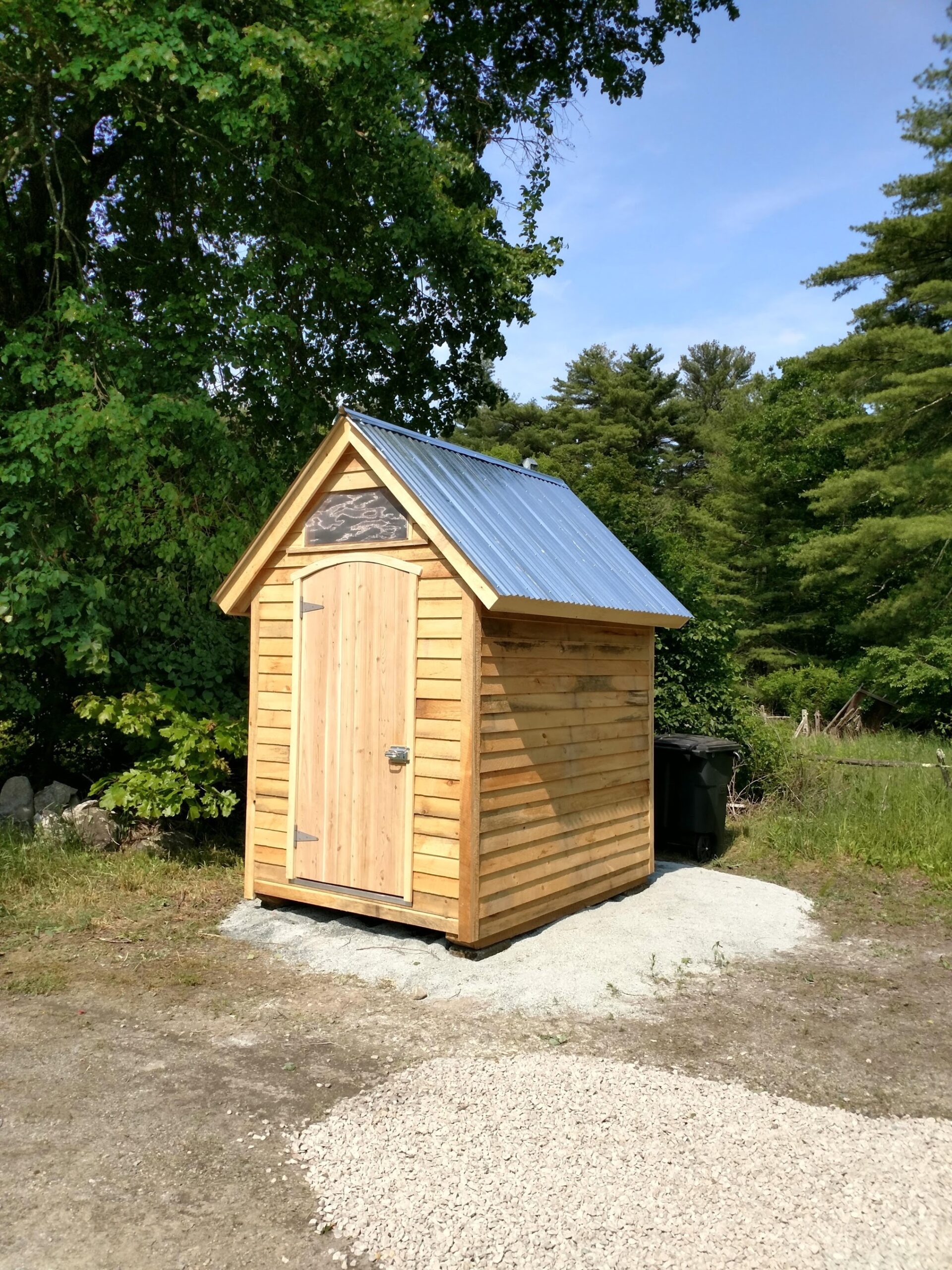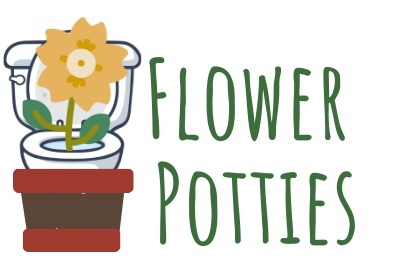Practical. Sustainable. Composting Toilets.
Water-saving, nutrient-recovering, eco-friendly systems for homes, cabins, and communities.
For decades, Ben Goldberg has installed and maintained composting toilet systems in private residences, businesses, and public facilities across New England. These innovative systems reduce water waste, turn human waste into safe compost, and support healthier ecosystems.
I am licensed by the Massachusetts Board of Plumbers and Gas Fitters to distribute and install Phoeniz Advanced Composting Systems. I am also a distributor of the Separett® urine-diverting composting system: waterless toilets trusted around the world since 1976.
Whether for a home, retreat center, or festival, I offer expert installation, training, and ongoing support. The most important thing when selecting a composting toilet is to choose a system that adequately meets your home or business needs.
- Learn more about what I offer
- Request a consultation
- Invite me to speak at your event
Contact me at +1 (413) 237-7066 or here. For information about my worm in vermiculture and with worm composting, visit my other site, We Have Worms.


Composting toilet guru.
The Full Circle design Ben Goldberg and Conor Lally just put in at Listening Tree Coop is a gem of appropriate technology.
What are the Benefits of Compost Toilets?
- Does not use water for flushing and conserves potable water supplies;
- Does not require expensive sewerage and centralized treatment infrastructure;
- Recycles nutrients back into the soil;
- Breaks down pathogens and pharmaceuticals in human excrement;
- Provides a secure and resilient sanitation system;
- Low energy requirements;
- Requires no hazardous chemicals; and
- Supports local resource economy and job creation.

Case Study: Round the Bend Farm
Read about my work installing composting toilets for Round the Bend Farm (RBF), a living laboratory for restorative solutions. In “Our Journey to a Urine-Diverting Composting Toilet: One way we are meeting our mission of Zero-Waste Design,” (pdf) you can read how I helped the farm meet their objectives:
- Manage humanure as a resource and zero-waste design;
- Demonstrate eco-sanitation as a safe and effective alternative to the conventional wastewater systems;
- Utilize RTB’s network as a driving force in the campaign to work with regulatory and cultural barriers associated with eco-sanitation;
- Safely and effectively transform human “waste” into a hygienic, nutrient rich fertilizer; and
- Serve as a resource of information and guidance for individuals interested in better understanding and possibly implementing a composting toilet at their home, business, school or farm.
